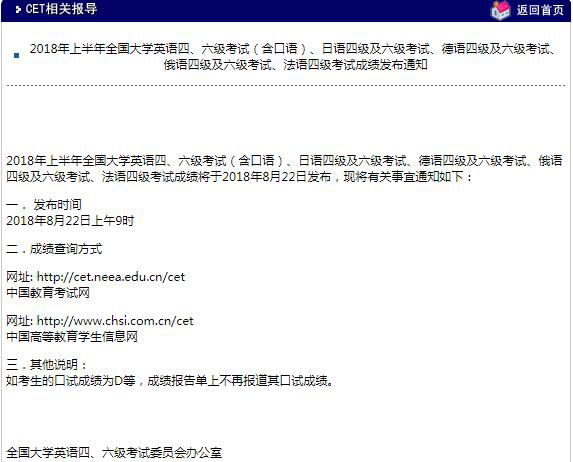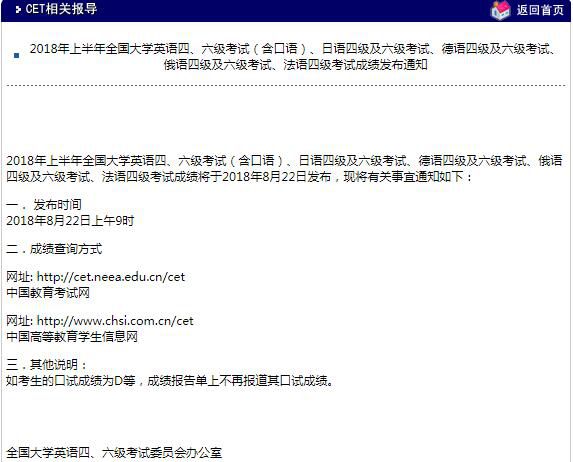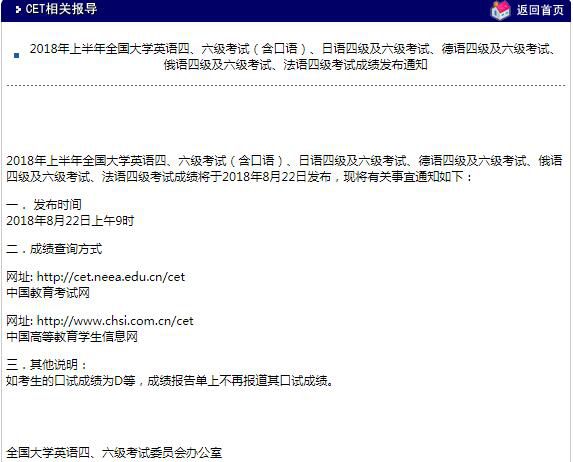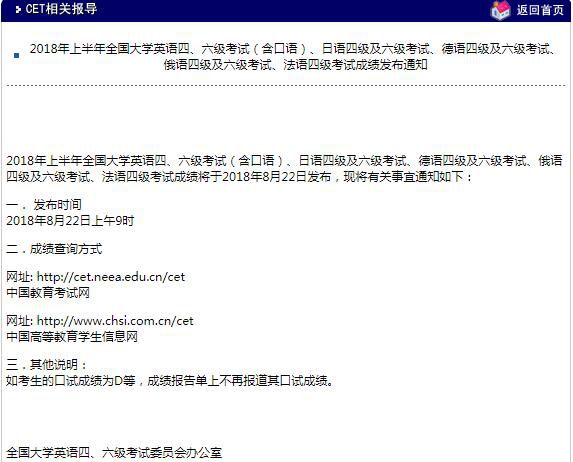Service with smile - and scrambled English
|
"Wai Er Keng Mu!" Yang Tingting called out loudly to three foreigners making their way to her shoe shop in Lady Street, one of Beijing's famous shopping areas. She meant to say "Welcome", but the attempt to attract foreign customers by speaking English drove the trio away. Yang, 20, was reading from a pamphlet with 18 common English phrases, written in Chinese characters to sound like the expressions. The pamphlet, handed out to shop owners earlier this week, is the latest move by the local authorities to promote English usage in the area to boost business during tough economic times - and made even more pressing with the opening of the new US embassy complex last month, vendors said. The district also hosts the embassies of Israel, Malaysia, the Republic of Korea, Brunei and Japan, altogether bringing hundreds of foreigners daily to Lady Street, or Nu Ren Jie, said Tang Zhenjun, deputy manager of the shopping area, on Wednesday. Employees of the 700-odd shops in Lady Street - more than 70 percent sell clothes and the rest offer shoes, bags and household goods - will have to pass an exam on the English phrases in three months if they want to continue working in the area, Tang said. There will also be an hour of English broadcasts on speakers in the market at 9 am every morning and oral English lessons for employees in the near future, he said. But with more customers being driven away by her efforts to follow the new directive, Yang is not so sure her business will hold up to the latest efforts to promote English usage. "Such 'emergency English' is not a tool for business or communication, but rather an obstacle to them, because most foreigners cannot understand such weird English," Yang told China Daily. But the Anhui native intends to soldier on and peruse her English textbook because she wants to continue working in Lady Street. Hu Yongsheng, who also sells shoes in the street, is worried about his future, because he knows few Chinese characters except his name, let alone English. "For people of my age, it is mission impossible," Hu, 37, said as he flipped through the pamphlet. Ou Qing'er, who sells bags in the market, is more optimistic about the latest campaign. "I love English and enjoy talking with foreigners. I see them not only as my customers but also my friends," the 35-year-old said in fluent English, as she pointed to her friend Eunice Silvia C. Fernandes, wife of the minister counselor of the Angola embassy. Fernandes could not agree more. "I always manage to seal the deal, with all the details like size, color and numbers done, although I cannot speak Chinese. Just let this 'emergency English' go, because the language of shopping is universal," Fernandes said, adding that she was also learning Chinese. The move to promote English language is not without controversy. Qiu Baochang, a lawyer and also a consultant for legal affairs at the Beijing Lawyers Association, said the market administrators have no right to terminate contracts with vendors because of their English proficiency. An official with The Beijing Speaks Foreign Languages Program (BSFLP) also said the forced-feeding method in teaching English erects obstacles to learning the language. "The practice should be stopped," Liu Yang, director of the BSFLP office, was quoted by the Beijing Youth Daily as saying. Questions: 1. What was handed out to shop owners on Lady Street this week? 2. If employees want to continue working there, what must they do? 3. Why are some people critical of this move? Answers: 1. Pamphlets about 18 common English expressions. 2. They must pass an exam on the English expressions in three months. 3. They think forcing people to learn English is not good and it can be an obstacle to them, rather than inviting foreigners to shop there,and market administrators have no right to terminate contracts with vendors because of their English proficiency. |








